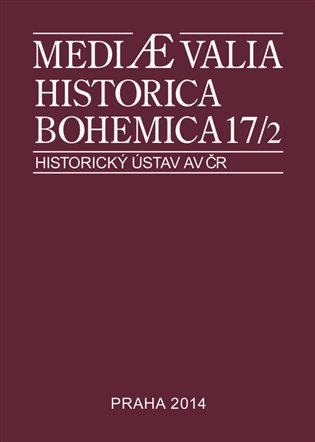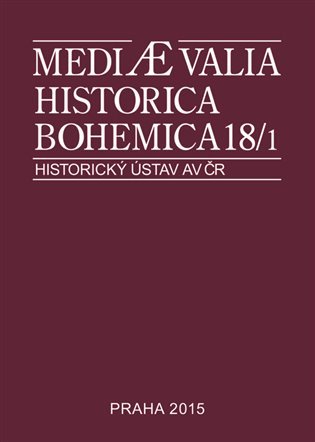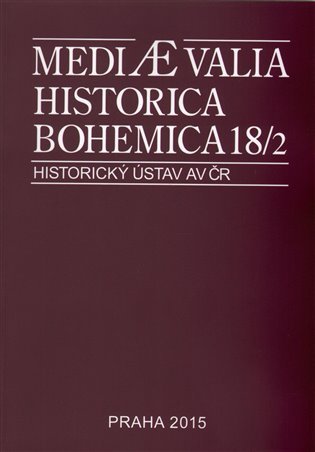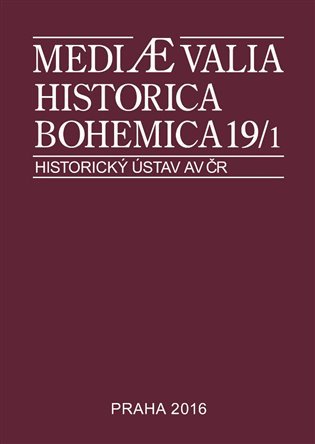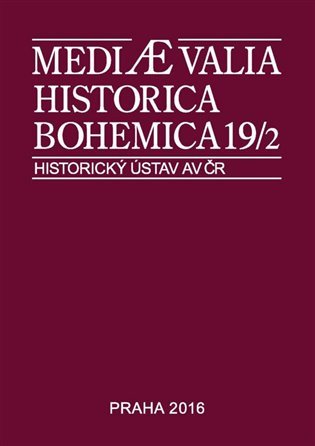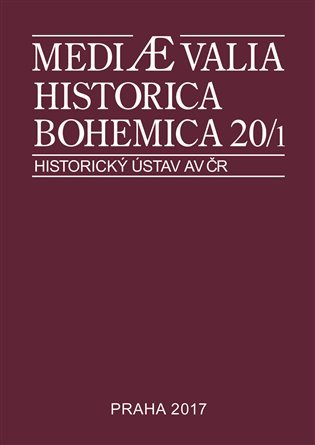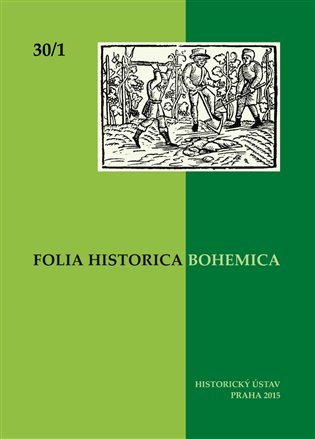- Akrylové a olejové barvy
- Aroma difuzéry
- Audioknihy
- Barvy a kontury na hedvábí
- Barvy na sklo
- Barvy na tělo
- Boxy na sešity
- Boxy na svačinu
- Deky
- E-book elektronické knihy
- Erotické žertovné předměty
- Figurky a zvířátka
- Filmy
- Fixy
- Hřejiví plyšáci
- Hrnky a šálky
- Hudba
- Interaktivní hračky
- Kalendáře
- Kancelářská lepidla
- Karetní hry
- Karnevalové kostýmy
- Karty na poker
- Klíčenky
- Knihy
- Komiksy
- Křídy a uhly
- Kufříky
- Kuličková pera a propisky
- Ložní povlečení
- Magnetky pro děti
- Malování podle čísel
- Mapy a průvodci
- Nůžky, otvírače obálek
- Omalovánky
- Ostatní společenské hry
- Ostatní stavebnice
- Panenky a barbie
- Papíry do tiskáren
- Pastelky
- Penály
- Peněženky
- Plyšové hračky
- Pohledy
- Pokladničky
- Polštáře
- Pravítka
- Přehozy
- Prostěradla
- Puzzle
- Razítka pro děti
- RC modely
- Ručníky
- Sáčky na přezůvky
- Sady školních pomůcek
- Sběratelské figurky
- Sběratelské kartičky
- Sešity
- Skicáky a náčrtníky
- Školní batohy
- Stavebnice Lego
- Štětce a palety
- Stolní hry
- Temperové a vodové barvy
- Tiskopisy
- Tužky, mikrotužky a versatilky
- Učebnice
- Voskovky
- Vystřihovánky a papírové modely
- Výtvarné a kreativní sady
- Záložky do knih
- Zástěry a ubrusy na tvoření
- Živé a vzdělávací sady
- Zvýrazňovače
Mediaevalia Historica Bohemica 17/2
-
Internetový obchod
Historický ústav AV ČR, v.v.i. - <p>OBSAH I. Studie Dana DVOŘÁČKOVÁ-MALÁ K možnostem výzkumu panovnického dvora v pozdním středověku v českých zemích On the possibility of research of the sovereign court in the Late Middle Ages in the Czech lands (s. 7-16) The study presents a synopsis of the existing scholarship on the theme of courtly research in the Czech lands, which has taken place in various qualities and quantities since the end of the 1970s. It summarizes the individual results and existing methodological routes while pointing out the as-yet untouched or insufficiently elaborated themes. It predominantly points out the so-far minimal research in this sense in the Late Middle Ages, or in the 15th century, in the Czech lands. Among others, also a treatment of the court of the famous King George of Poděbrady here. Blanka ZILYNSKÁ Dvůr krále Jiřího ve světle současného poznání The Court of King George in Light of the Current Knowledge (s. 17-36) The paper recapitulates the state of the treatment of the sovereign court of George of Poděbrady, briefly reminds the reader which sources are available and in the end discusses the individual themes associated with the court: the prosopography of the courtiers, chancellery, celebrations and patronage. It states mainly the little treatment of the personnel composition of the court society. Zdeněk BERAN Katolické panstvo na dvoře Jiřího z Poděbrad. Procesy vzájemné konvergence a divergence Catholic Lords at the Court of George of Poděbrady: A Mutual Process of Convergence and Divergence (s. 37-75) The basic power centre was the sovereign court in the Poděbradian kingdom just like in the other medieval and modern monarchies. The court of George of Poděbrady in this study is seen from the structural-personnel perspective as the mutual ties of an arranged network of persons sharing along with the sovereign in the policy and administration of the land. The aim of the study is to capture the bilateral activity of George of Poděbrady with a group of upper aristocrats actively demonstrating their allegiance to the Roman Catholic Standard receiving Holy Communion under one species within the so-defined sovereign court. The mechanisms, which brought Catholics fully devoted to his political programme and person to the Poděbrady court, are examined in detail as well as the hidden pitfalls contained in the support of the Catholic nobility, who later abandoned George and formed a domestic opposition known as the Zelená Hora Unity. The work is structured into several mutually related levels analysing gradually the relation of estatism and confession in the Poděbrady period, the representation of the Catholics in the highest offices, their property situations, kinship ties, representation in the royal council and confrontation of the imperative of loyalty to the king and obedience to the pope. In this questioning, it is necessary to shift to the period before the royal election from March 1458 and note the early ties of George of Poděbrady with the Catholic nobility, remove the habitual evaluation leading to a condemnation of the "treacherous” Catholic nobility and simply not glorify those who remained with George of Poděbrady. Martin ŠANDERA Dvůr Poděbradova syna Jindřicha Minsterberského. Stav výzkumu a úkoly bádání The court of Poděbrady's son Heinrich of Münsterberg: State of the research and research tasks (s. 77-112) The paper characterizes the source base and summarizes the state of research of the court of Duke Henry of Münsterberg and outlines its future perspectives. Furthermore it describes Henry's residence in Kladsko (Kłodzko, Glatz) and main sources of inspiration. Then it uncovers personal structure of the administrative and representative component of his court. Moreover it addresses the issue of material security of courtiers and servants, cultural level of the court and education provided to Henry's children. The paper also pays attention to a large so</p>


